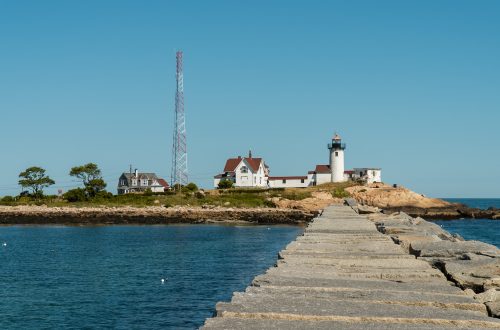
A brief history of Leeds
As the cultural, commercial, legal and financial hub of West Yorkshire, Leeds is second only to London in the scale of its business scene. It’s difficult to imagine nowadays that the original name of Leeds – ‘Loidis’ – actually derives from the area of forest that originally covered this region. As time passed, the focus of this name became more specific, with the name morphing into Leodis, Ledes, and eventually the name with which we are familiar today, the city of Leeds.
In 1207, a small town grew alongside a river crossing that linked the church and the corn mills. Through this town ran a new road that was known as Briggate, which literally meant ‘the road that leads to a bridge.’ When the cloth market moved into Briggate in 1684, the centre of what was eventually to become the city was born.
By the start of the 18th century the population of the Leedes stood at over 10,000, and by its end, this figure had trebled. This urban centre now had a hospital, several places of worship and an Assembly Rooms. It was also one of the most financially successful areas in Britain.
The Industrial Revolution was crucial to the prosperity of Leeds, and it was during this period that the city became a centre of manufacturing, marketing and communication. Waterways were very important in linking the city with the sea, the river Ouse and the Humber.
The city was ideally placed as a centre of engineering, manufacturing tools, steam engines and machinery. Leeds was also involved in the production of textiles, leather, pottery, chemicals and coal. Its Middleton Railway was the very first commercial railway, carrying coal from the mines into the heart of the city to fuel the factories which were producing these goods.
In 1893, Leeds was officially recognised as a city. After the Great War came to an end in 1918, the city gradually changed to become a centre of teaching and study with the formation of the University in 1904. Following World War Two, the city was re-built and thousands of homes considered to be slums were demolished and replaced.
In keeping with the business success this area has long enjoyed, Leeds now benefits from two substantial business parks that offer multinational and UK companies the opportunity of a convenient base in the north of England. With its impressive architecture and environmentally friendly design, Leeds Valley Business Park provides offices in Leeds to many high profile international companies. Coupled with the impressive landscaped settings of Lawnswood Business Park, just ten minutes from the centre of Leeds, the city and its businesses are well provided for.





